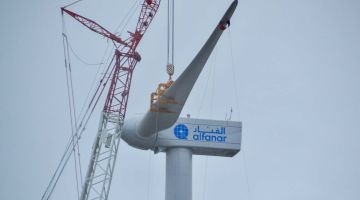
Best Practices For Global Event Coordination
Coordinating a global event requires planning, effective communication, and a deep understanding of cultural nuances. Whether you are organizing an international conference, a product launch, or a large-scale exhibition, the logistics can quickly become complex. Successful global event coordination involves careful consideration of time zones, language barriers, local regulations, and much more. To ensure a smooth experience for attendees across various locations, here are some best practices to follow. As you plan global event planning and marketing, it’s essential to adopt these strategies for a flawless execution.
Start with a clear, detailed plan:
The first step in successful global event coordination is creating an inclusive event plan. This should outline every aspect of the event, including objectives, timelines, budgets, and logistics. Ensure that all stakeholders are aligned on goals and expectations, and make use of tools like project management software to track tasks and deadlines. A well-structured plan will keep the event on track and allow for effective delegation of responsibilities, which is especially important when coordinating multiple teams across different regions.
Understand cultural differences:
One of the most important aspects of global event coordination is to understand and respecting cultural differences. Each country and region has its own set of social customs, etiquette, and preferences. For instance, the way business is conducted in Japan may differ significantly from that in the United States or Europe. Tailoring aspects of the event—such as marketing materials, food, or entertainment—according to regional tastes will show respect for local cultures and create a more inclusive atmosphere. This attention to detail can help avoid misunderstandings and ensure that your event resonates with a diverse audience.
Utilize technology for smooth communication:
Effective communication is the cornerstone of global event coordination. With teams possibly scattered across different continents, utilizing technology for real-time collaboration is important. Video conferencing tools, messaging platforms, and shared document systems help keep everyone on the same page, ensuring smooth communication between different teams and stakeholders. Additionally, ensure that all event details are accessible in multiple languages and that translation services are available for both virtual and in-person attendees.
Manage logistics and time zones carefully:
Coordinating logistics on a global scale involves dealing with different time zones, transportation networks, and local venues. Consider the timing of virtual sessions to accommodate participants from multiple regions, ensuring that key sessions are held at times that are convenient for the largest number of attendees. Additionally, when selecting venues or coordinating travel, consider regional transport networks, accessibility, and even local weather patterns. This careful management of logistics is important for ensuring a smooth event experience for everyone involved.



